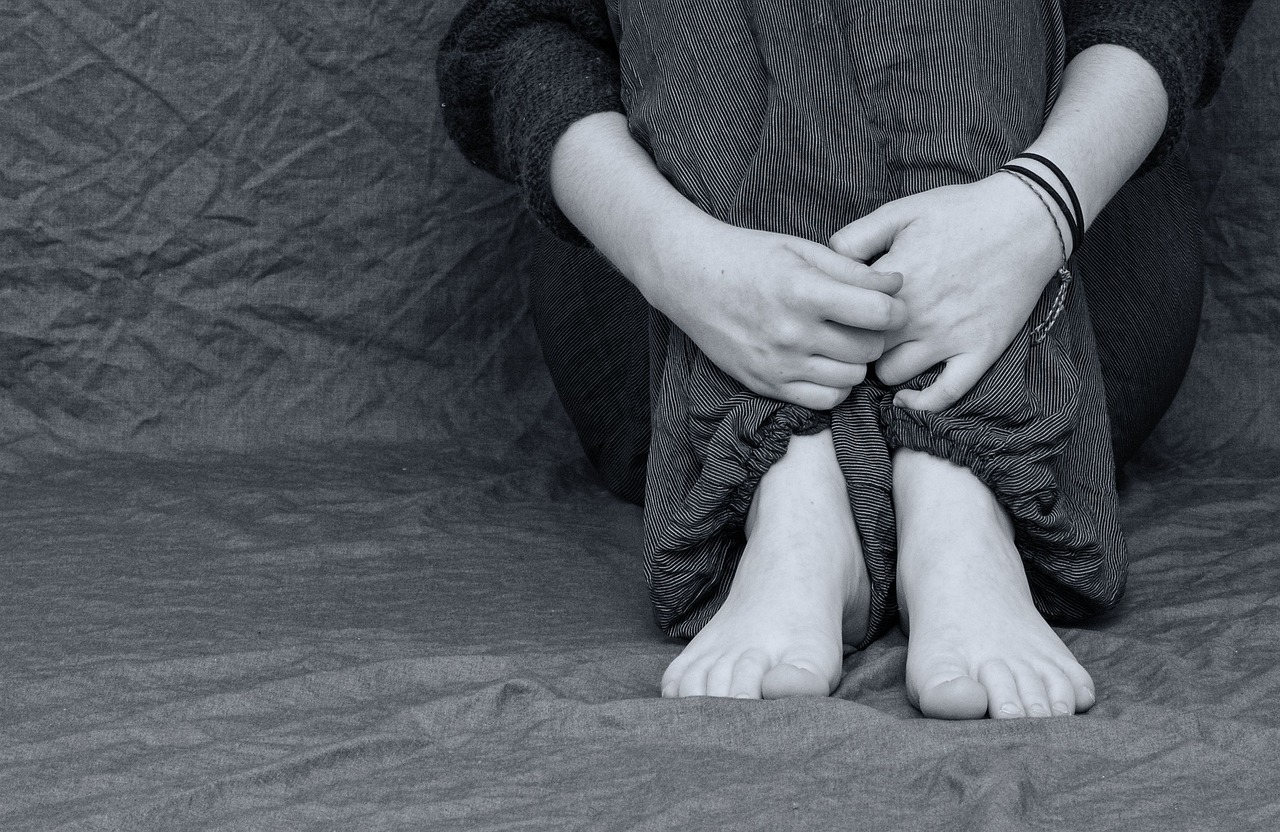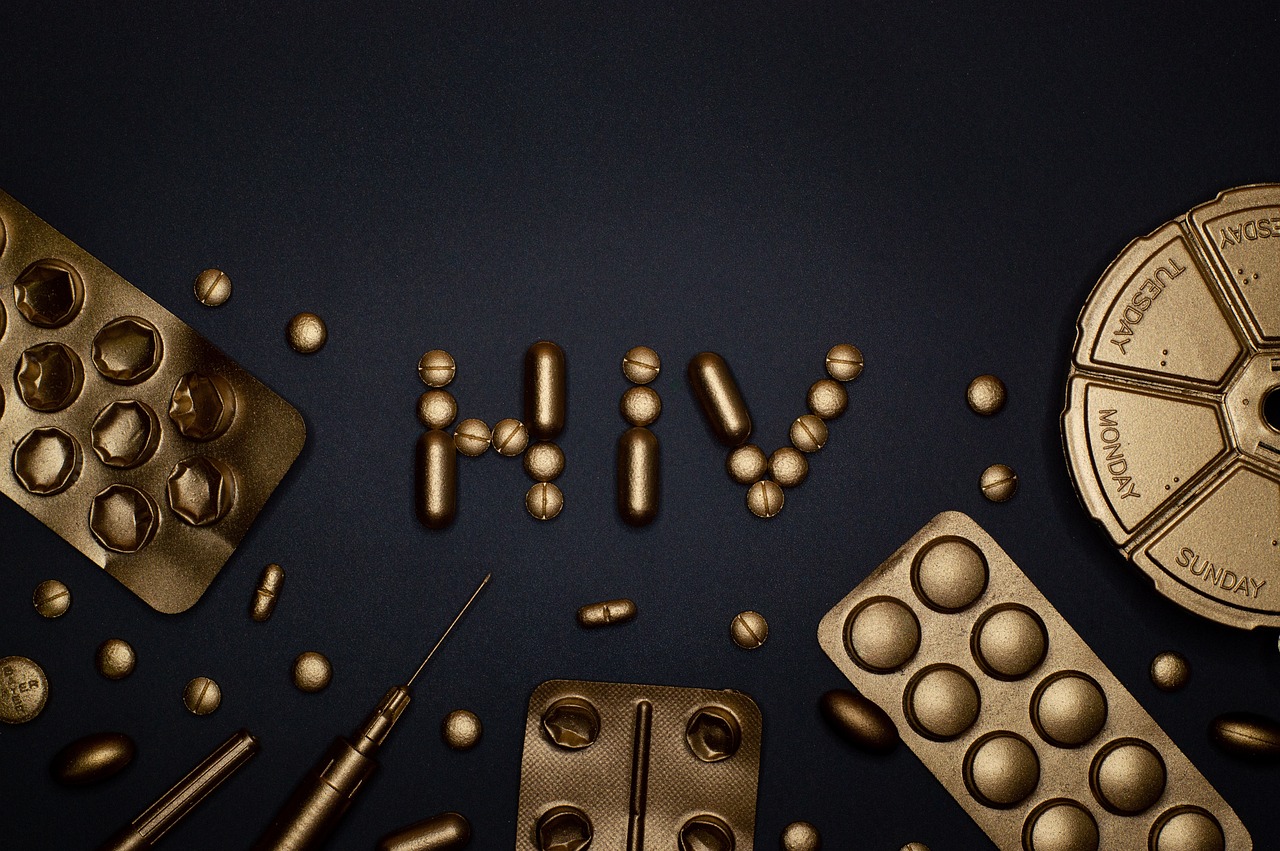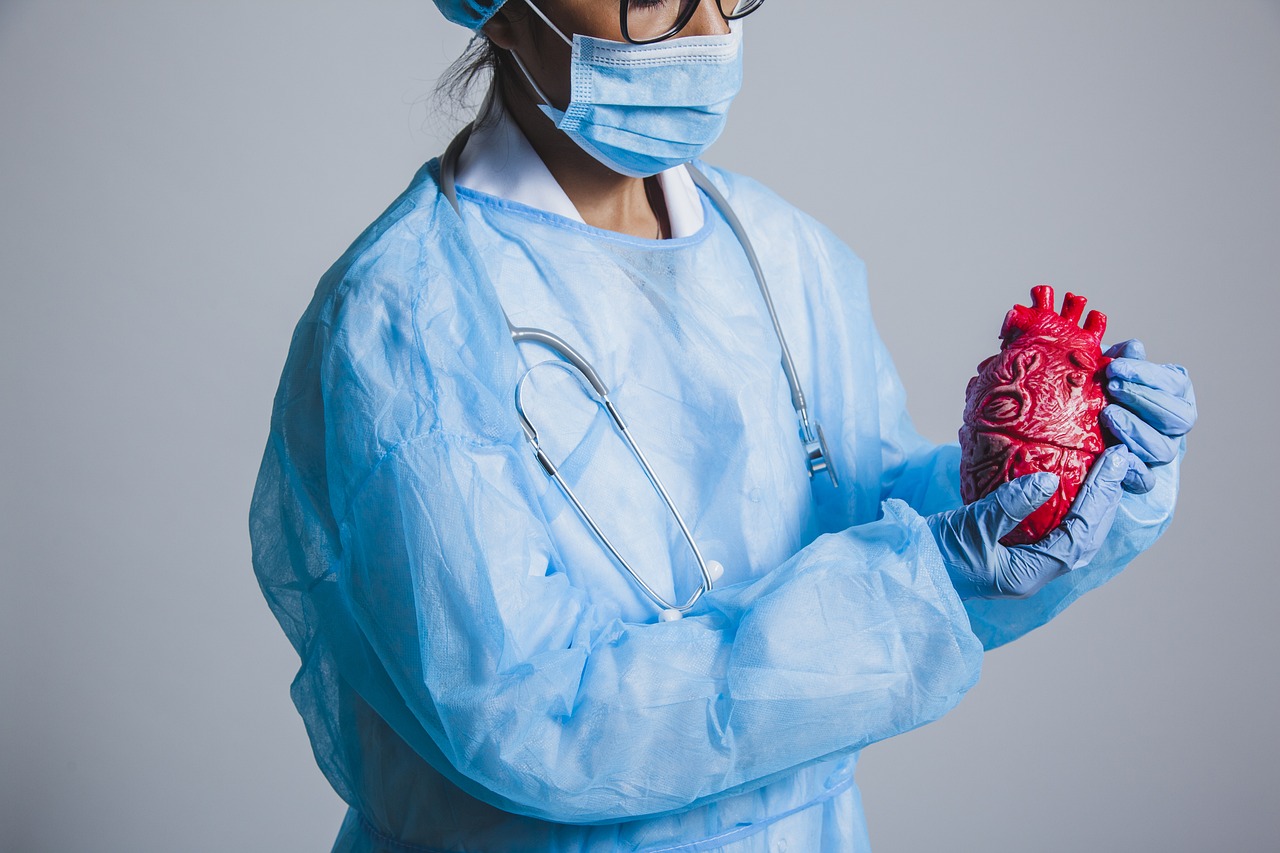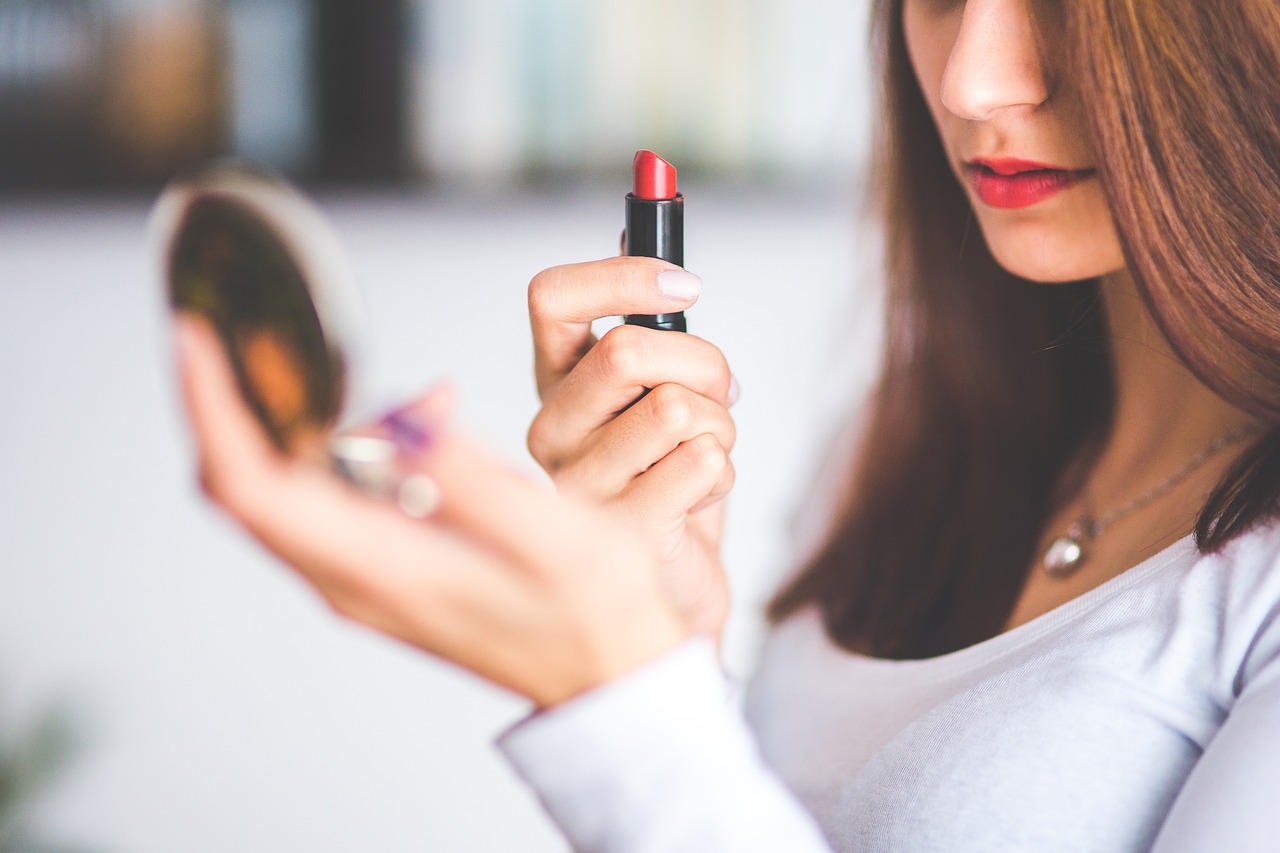I. 4 Symptoms of Anxiety Disorders
1、Psychological alertness abnormality: the appearance of unexplained nervousness and restlessness, generalized worry, anxiety, difficulty in falling asleep, into sleep is also easy to wake up, easy to get angry, fidgety, inattentive, sensitive to noise, their own things are always habitually to the bad side of the thought.
2、Abnormal behavioral symptoms: When facing problems or challenges, the person refuses to answer the questions positively and always adopts the behavior of fleeing and avoiding. There may be panic attacks, a sense of near death, suffocation, or even hysterical loss of control.
3、Abnormal muscle control: There will be symptoms of muscle tension and a lot of small purposeless movements, such as rubbing hands and feet, fidgeting. Excessive muscle tension may cause muscle tension in the chest, neck, shoulders and back, resulting in discomfort or pain, and may also lead to tension headaches or tremors in the limbs.
4、Abnormalities in the autonomic nervous system: anxiety disorders can affect digestion, respiration, circulation, urinary and other systems, resulting in epigastric discomfort, flatulence, diarrhea; dyspnea, hyperventilation, or the feeling that they can not breathe; can cause palpitations, chest discomfort, abnormal heart rhythm; frequent urination, urinary urgency, erectile dysfunction in men, and irregular menstruation in women.
II. Why anxiety disorders occur
If the above symptoms occur, further diagnosis by a doctor is required, as stomach ulcers, heart disease, and lung disease can also produce similar symptoms. Substantial illnesses, however, usually cause symptoms in only a single system, whereas anxiety disorders can cause symptoms in multiple systems to appear simultaneously.
There are usually obvious triggers for the appearance of anxiety disorders. The most common is stress from life and work and a lack of self-release of stress. Stressful events such as poor relationships, emotional setbacks or illness of a loved one can also lead to anxiety disorders. There is a genetic predisposition to anxiety disorders, or bad experiences in childhood can lead to anxiety disorders in adulthood.
Finding the triggers and eliminating them is the most effective way to cure anxiety disorders.
III. The correct face of anxiety disorders
We need to understand anxiety correctly, the physical discomfort is not because the organs and tissues are really sick, but because anxiety makes the nerves send wrong signals, so that our brain feels “sick”, but in fact it is not. So the way to relieve anxiety is to “convince yourself” that you are not sick.
We need to relax our minds, divert our attention, cultivate our own hobbies, and learn to de-stress ourselves. For example, if you choose a musical instrument or a sport and indulge yourself in it, you will forget about your anxiety. Adjust the state of work and life, try to tell humorous paragraphs to friends and colleagues, so that you can become an interesting person. And eat healthy, don’t stay up late, and let yourself exercise until you’re exhausted, then go for a big sleep.
If you can’t adjust yourself well, you should receive psychotherapy. Let the psychiatrist to help themselves to change unreasonable cognition, solve their own “heart disease”, so as to treat the physical symptoms caused by psychological problems. At the same time, you can also use anti-anxiety drugs under the guidance of a doctor to quickly control the symptoms.
It is important to note that 100% of people suffering from depression will be accompanied by anxiety, which requires the use of antidepressant drugs for effective treatment. Anxiety and depression medication, all need long-term persistence, usually after more than 2 years of drug treatment before the cure can be discontinued.
To summarize, anxiety is a universal human emotion. Moderate anxiety can increase alertness and make work and study more efficient, but severe anxiety will affect our physical and mental health, and then we need to treat it in time. When we encounter anxiety, we should recognize it correctly, face it openly and control it scientifically. When you can’t control it by yourself, you should seek help from your doctor and use medication in time.



